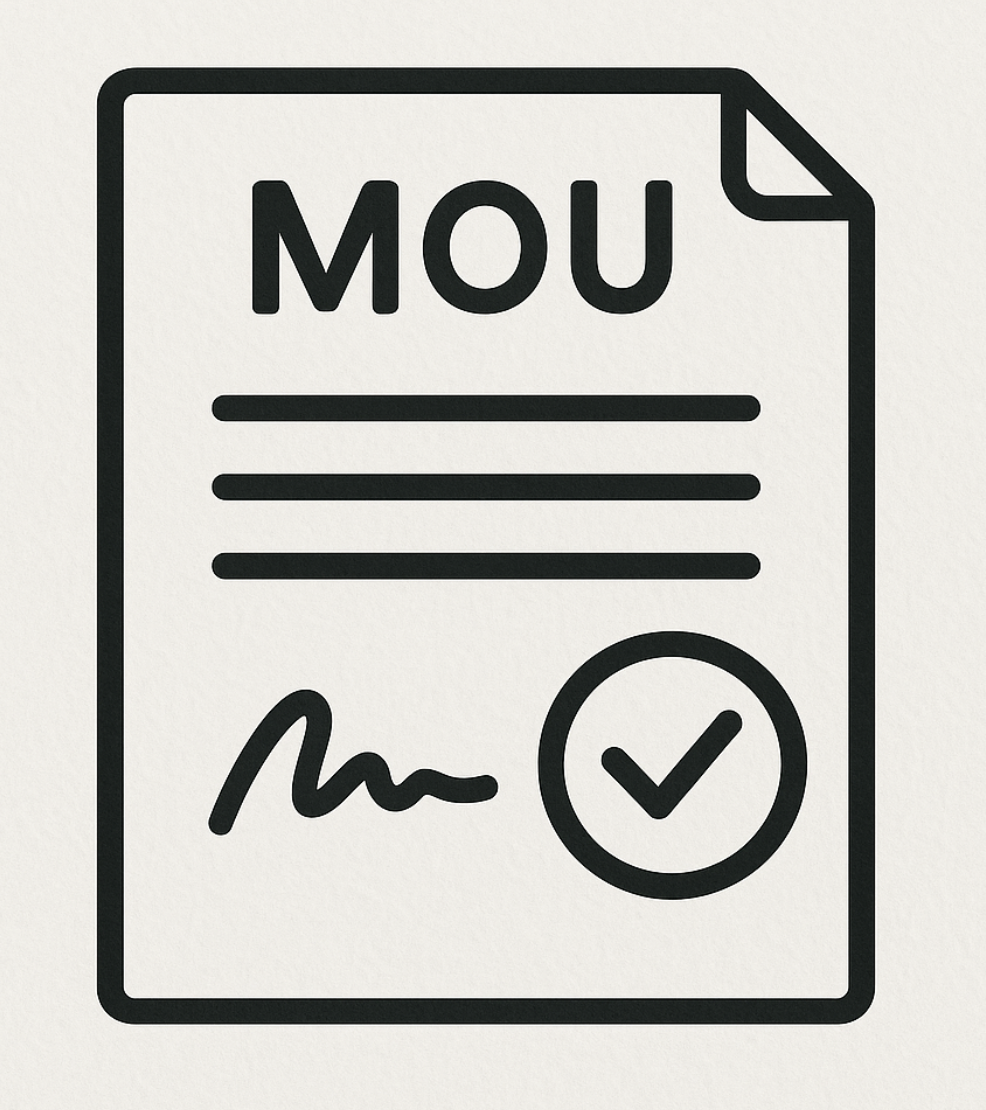AKHLAK KEPADA ALLAH SWT
DOI:
https://doi.org/10.18592/jtipai.v11i1.4855Abstract
ABSTRACTIslamic teachings that are universal in nature must be applied in everyday life both in society, nation and state in totality. The application is certainly related to the implementation of one's rights and obligations to God, His apostles, fellow human beings, and the surrounding environment. Especially the application of a servant's morals to His Lord will be seen from the knowledge, behavior, and lifestyle that are filled with awareness of monotheism to Allah SWT. This can be proven by various righteous deeds, piety, and obedience to Allah SWT. Likewise, proof of love for the Prophet Muhammad such as by implementing the sunnah, mutual respect for fellow human beings, and preserving the natural environment. For this reason, in managing life, norms and values are needed to measure standards to determine whether the actions and actions chosen are good or not, right or wrong, so that what is seen is not only self-interest, but also the interests of others, common interests, the interests of the community. humanity as a whole. Thus, each individual is required to have good morals or morality.KEYWORDS: Morals; Islamic Teachings; Allah Swt. ABSTRAKAjaran Islam yang bersifat universal harus dapat diterapkan dalam kehidupan sehari-hari baik bermasyarakat, berbangsa dan bernegara secara totalitas. Penerapan tersebut tentu berhubungan dengan pelaksanaan hak dan kewajiban seseorang kepada Tuhan, rasul-Nya, sesama manusia, dan lingkungan di sekitarnya. Khusus penerapan akhlak seorang hamba kepada Tuhan-Nya akan terlihat dari pengetahuan, perilaku, dan gaya hidup yang dipenuhi dengan kesadaran tauhid kepada Allah Swt. Hal itu bisa dibuktikan dengan berbagai perbuatan amal shaleh, ketakwaan, dan ketaatan kepada Allah Swt. Begitu juga bukti kecintaan kepada Rasulullah saw seperti dengan melaksanakan sunnah, saling menghormati sesama manusia, dan menjaga kelestarian lingkungan alam. Untuk itu, dalam menata kehidupan diperlukan norma dan nilai diperlukan standar ukuran untuk menentukan apakah perbuatan dan tindakan yang dipilih itu baik atau tidak, benar atau salah, sehingga yang dilihat bukan hanya kepentingan diri sendiri, melainkan juga kepentingan orang lain, kepentingan bersama, kepentingan umat manusia secara keseluruhan. Dengan demikian setiap individu dituntut untuk memiliki moral yang baik atau akhlakul karimah.KATA KUNCI: Akhlak; Ajaran Islam; Allah Swt.References
Ali, M. Daud, Pendidikan Agama Islam, Jakarta: Raja Grafindo Persada, 1998.
Amin, Ahmad, Etika Ilmu Akhlak, terj. Farid Makruf, Jakarta: Bulan Bintang, 1998.
Ghazali, Abu Hamid Muhammad Al-, Ihya’ Ulumuddin, (Beirut: Darul Akhya’ Kutubul Arabiyah, tt.
Ghazali, Imam, Taubat, Sabar dan Syukur, Terj. Nur Hichkmah. R. H. A Suminto, Jakarta: Tintamas Indonesia, 1983.
Ilyas, Yunahar, Kuliah Akhlak, Yogyakarta: LPPI, 2007.
Jauziyah, Ibnu Qayim Al-, Tobat Kembali kepada Allah, Jakarta: Gema Insani, 2006.
Mander, Abi al-Fadhl Jamil al-Din ibn Mukrim ibn, Lisan al-‘Arab, Beirut: Dar Qodir, 1990, Juz XI.
Qardhawi, Yusuf, Kitab Petunjuk Tobat Kembali Ke Cahaya Allah, Bandung: Mizan Pustaka, 2000.
Shaleh, M. Ashaf, Takwa Makna dan Hikmahnya dalam Alquran Jakarta: Erlangga, 2006.
Shobihah, Ida Fitri, “Dinamika Syukur pada Ulama Yogyakarta”, Skripsi Yogyakarta: Fakultas Ilmu Sosial dan Humaniora UIN Sunan Kalijaga, 2013.
Yusuf, Ali Anwar, Studi Agama Islam, Bandung: Pustaka Setia, 2003.
Downloads
Published
How to Cite
Issue
Section
License
Authors who publish with this journal agree to the following terms:
- Authors retain copyright and grant the journal right of first publication with the work simultaneously licensed under a Creative Commons Attribution License that allows others to share the work with an acknowledgement of the work's authorship and initial publication in this journal.
- Authors are able to enter into separate, additional contractual arrangements for the non-exclusive distribution of the journal's published version of the work (e.g., post it to an institutional repository or publish it in a book), with an acknowledgement of its initial publication in this journal.
- Authors are permitted and encouraged to post their work online (e.g., in institutional repositories or on their website) prior to and during the submission process, as it can lead to productive exchanges, as well as earlier and greater citation of published work.










